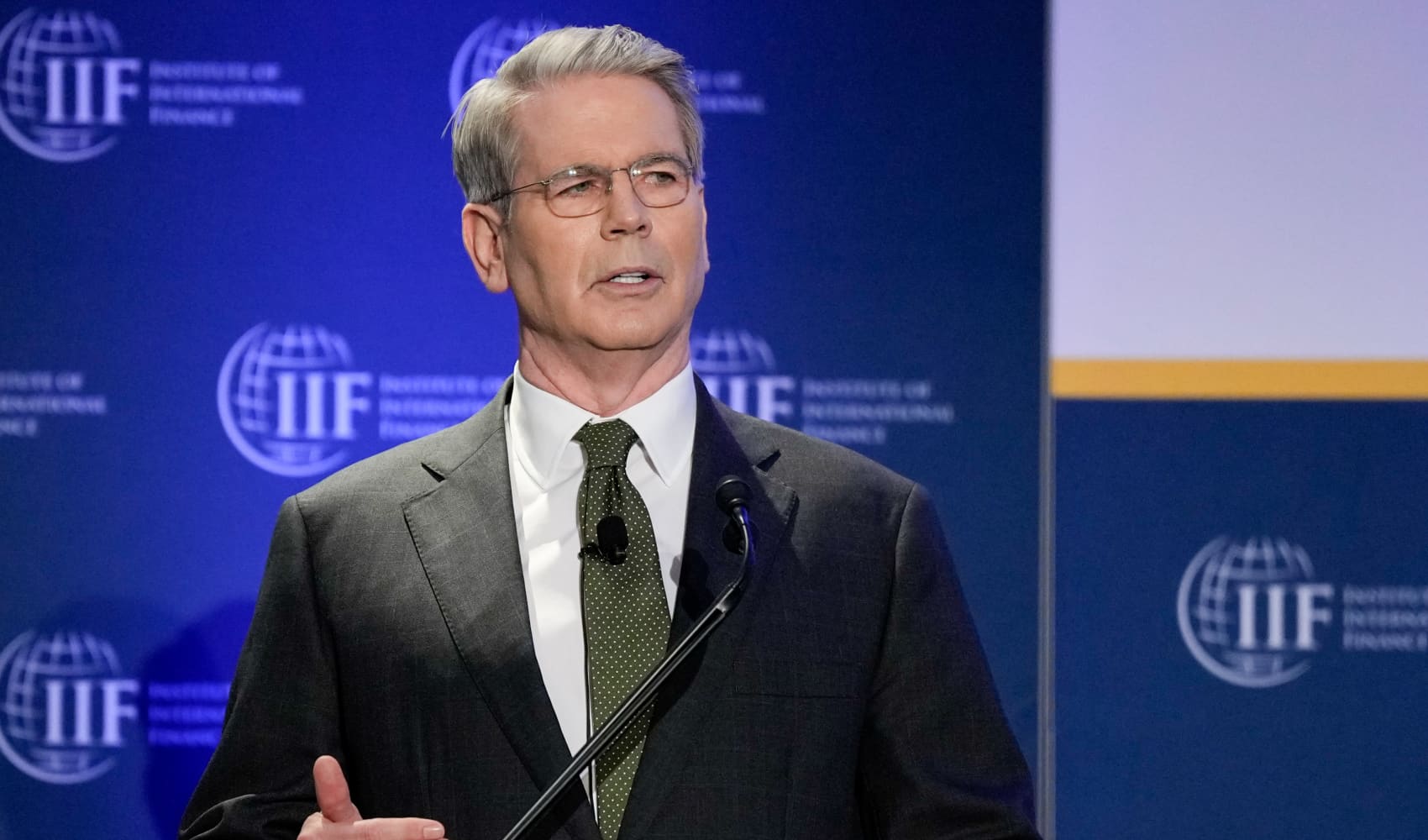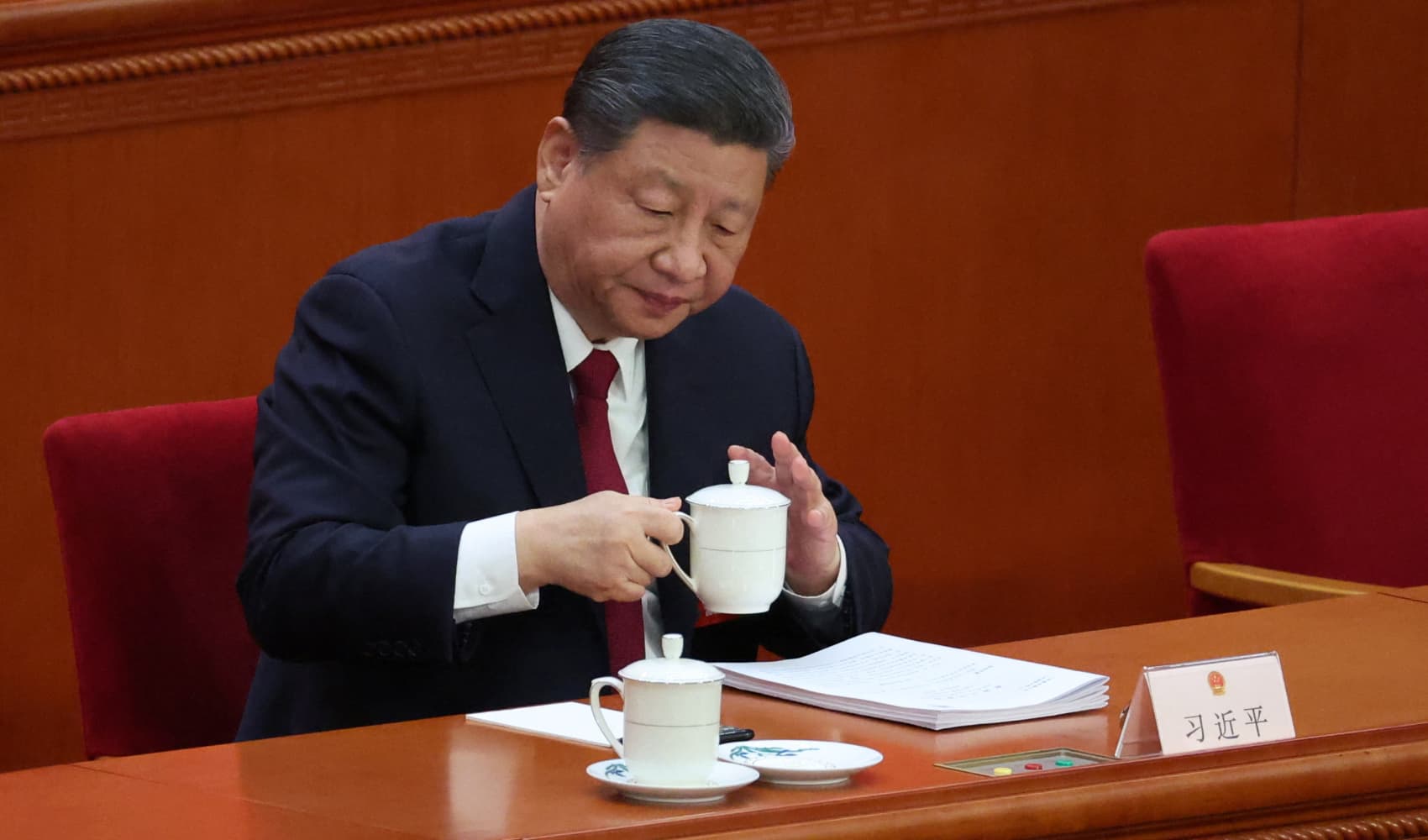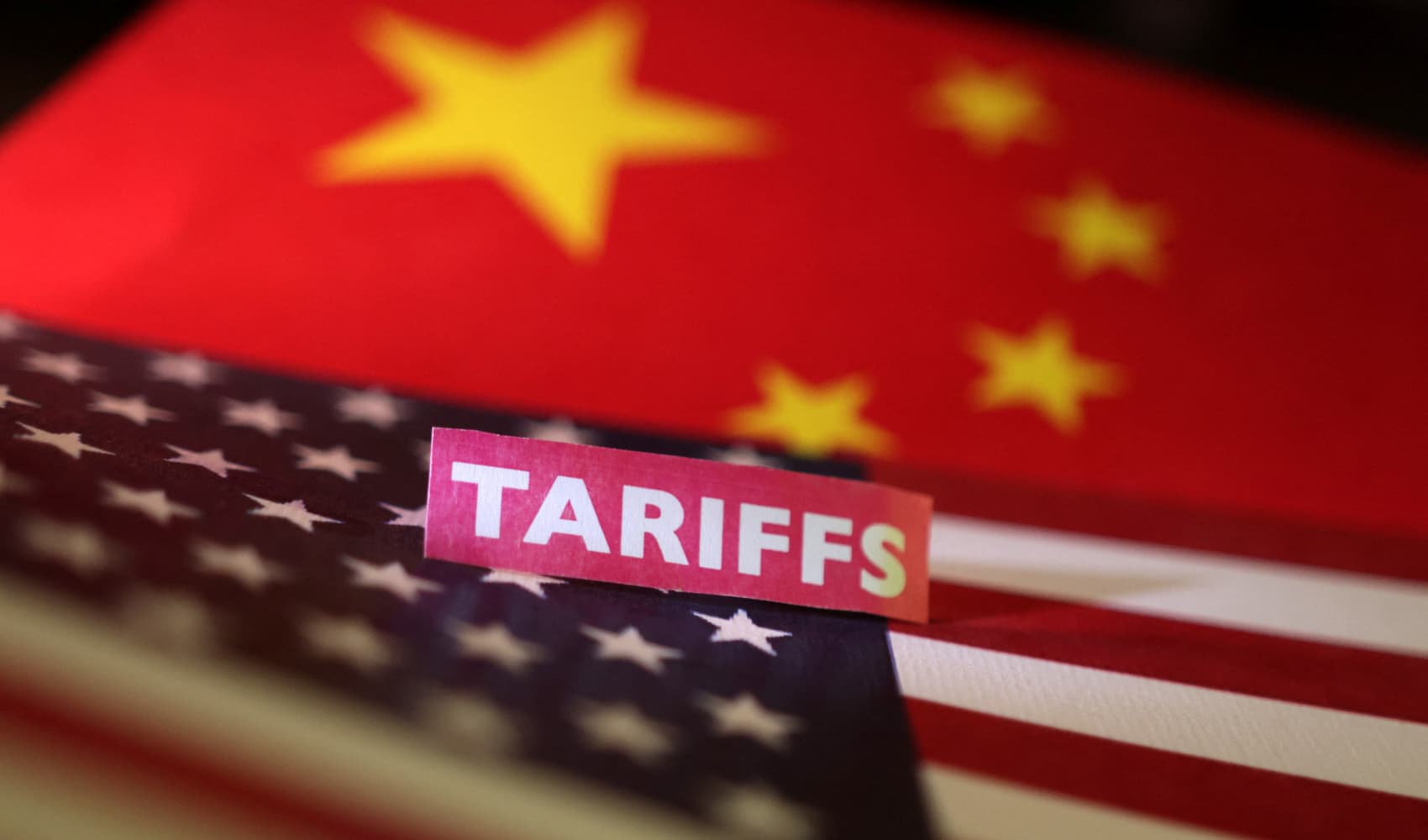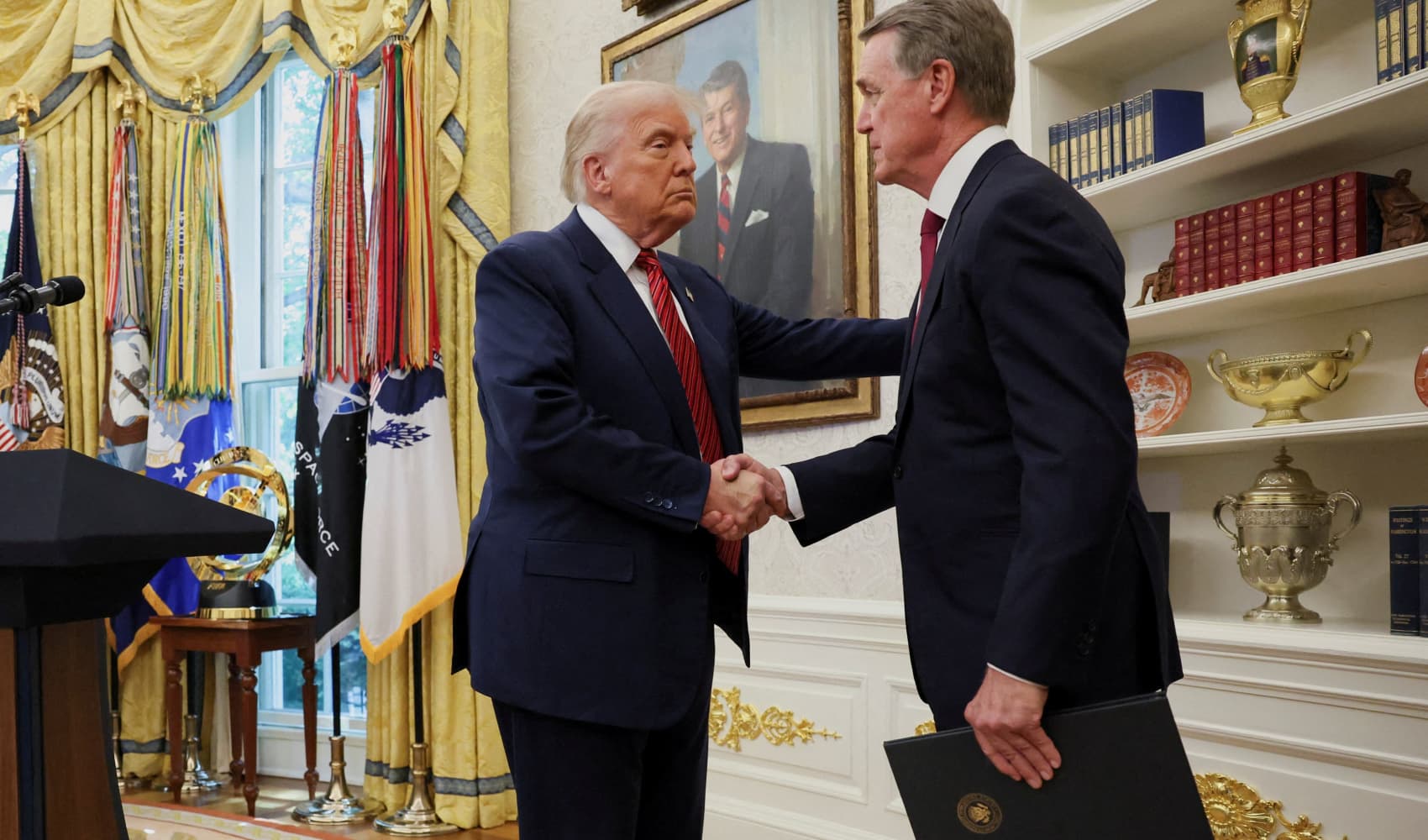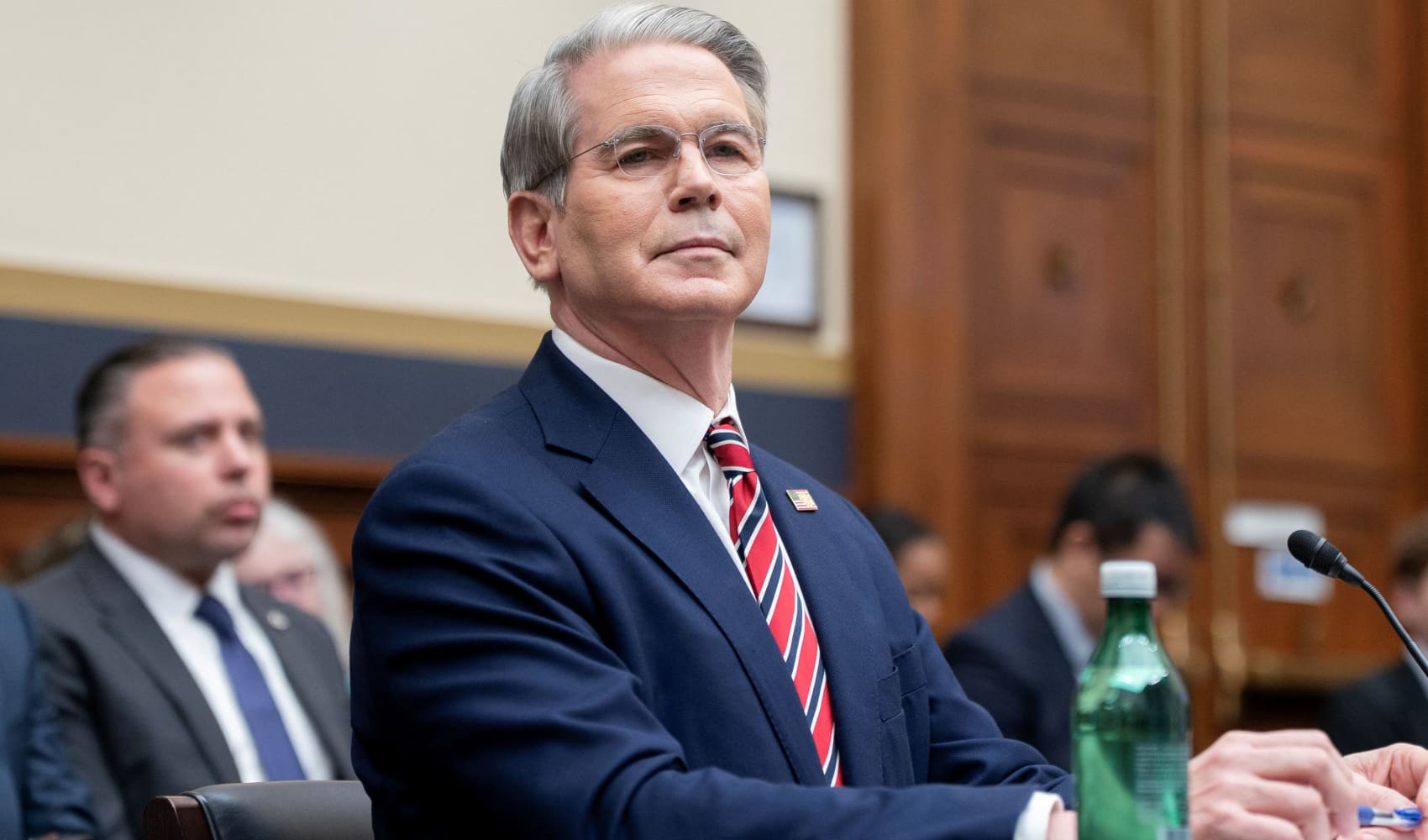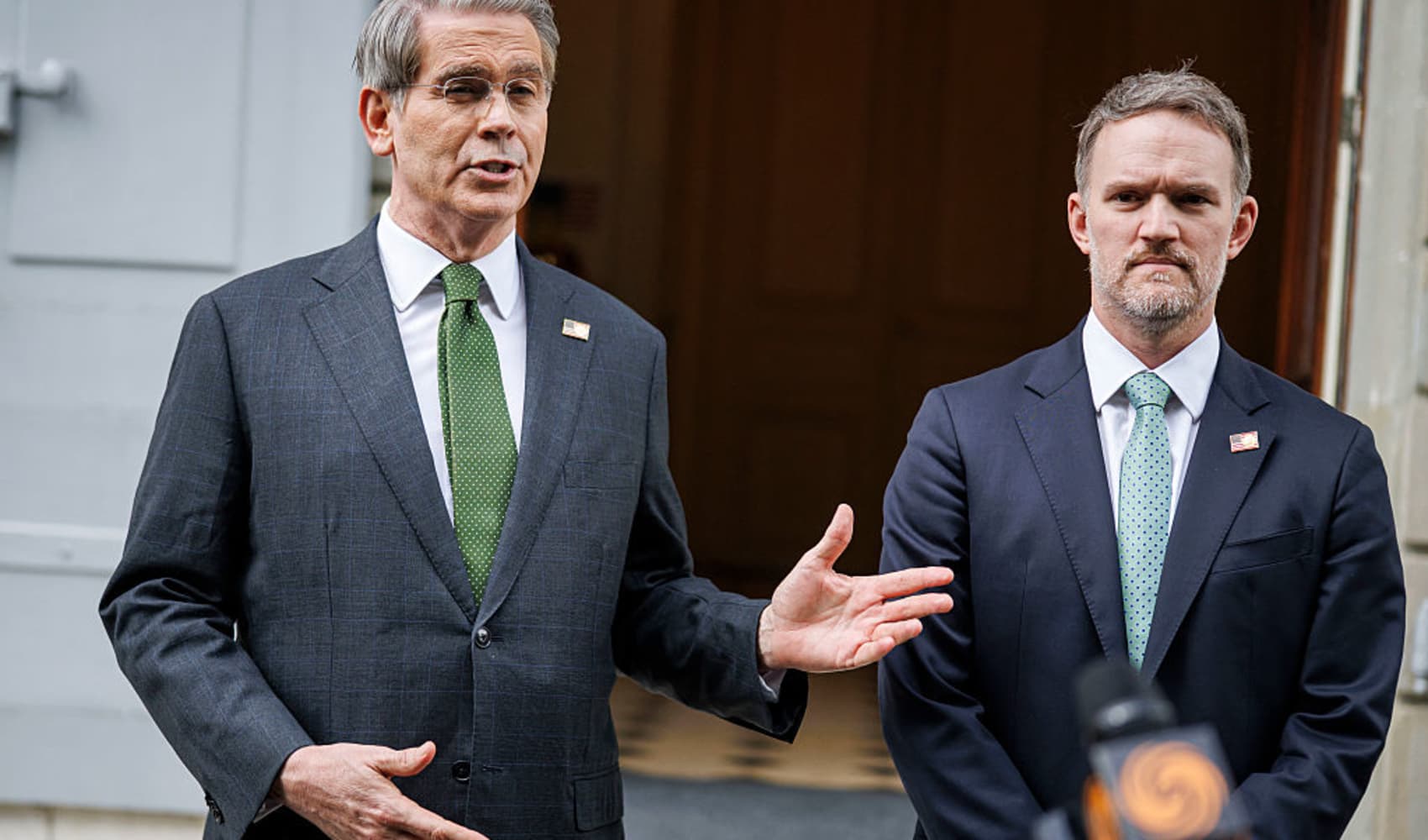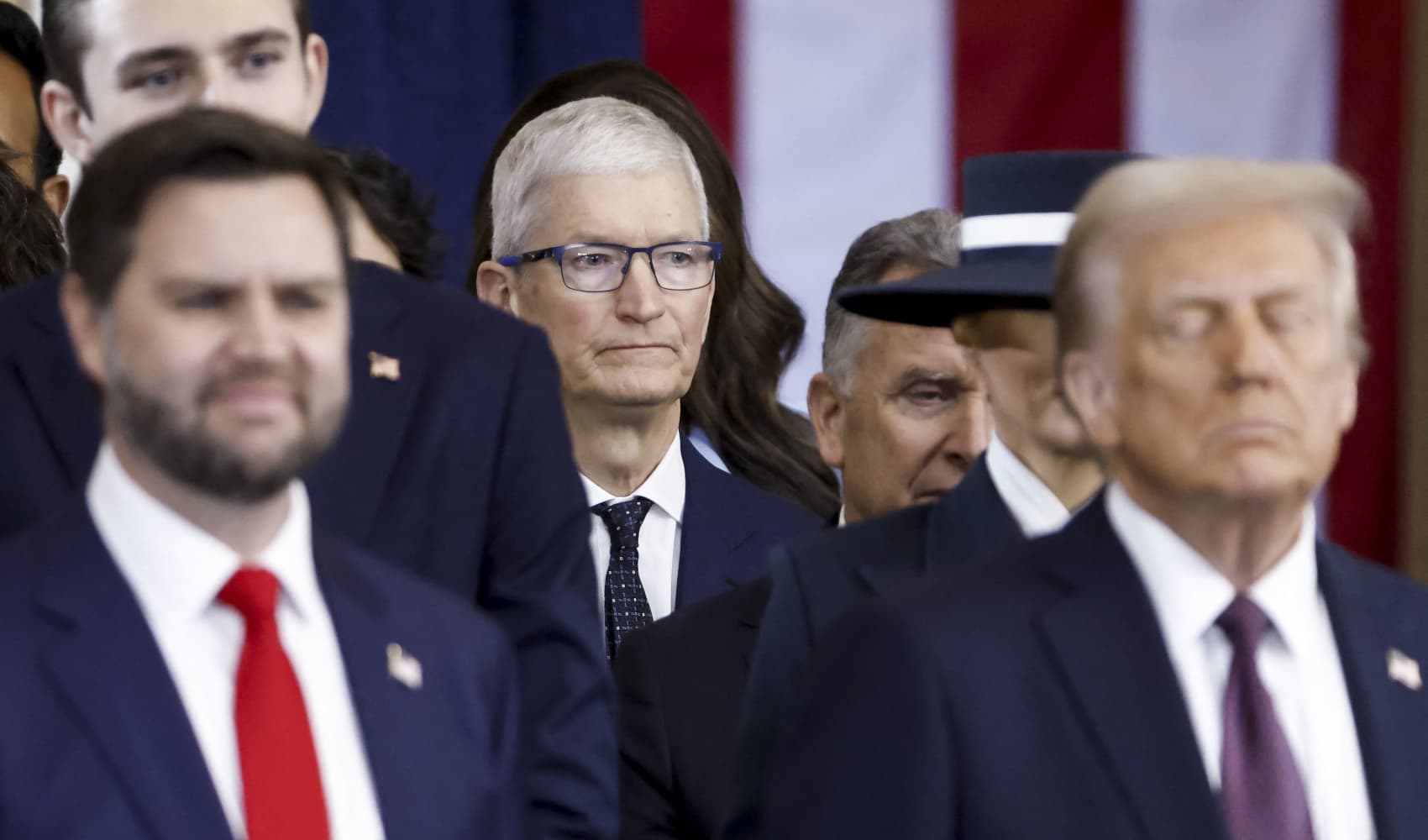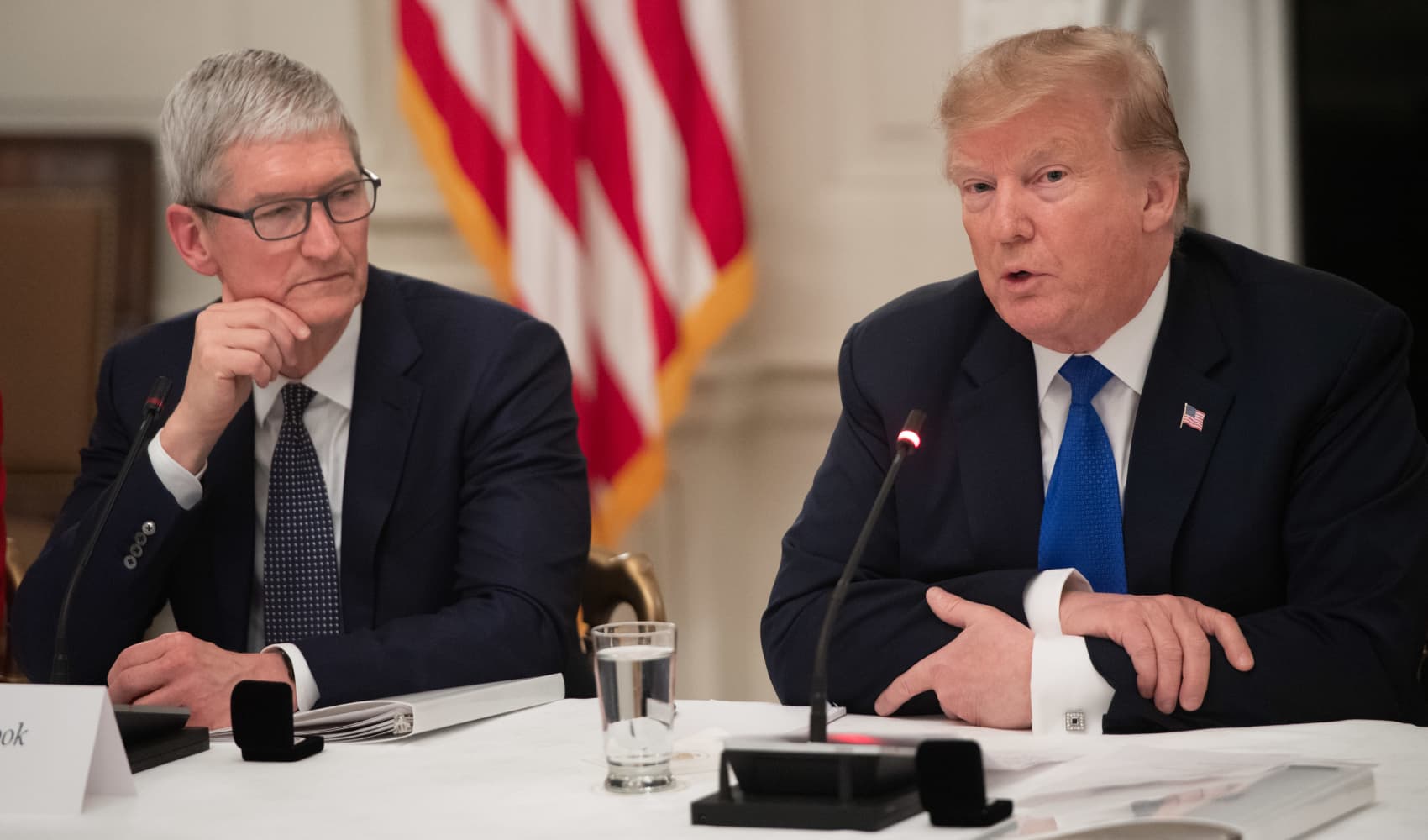China Trade War: Treasury Secretary Calls Out China, IMF, WB
Global Economic Crossroads: Bessent's Bold Words on China, World Bank, and IMF
Introduction: A New Sheriff in Town?
The global economy feels like a high-stakes poker game, doesn't it? Countries bluffing, calling, and raising the stakes. And at the center of it all, you have institutions like the World Bank and IMF, trying to keep the game fair (or so they say). But what happens when someone calls out the house? Well, that’s precisely what Treasury Secretary Scott Bessent did recently, injecting a dose of reality into the often-sanitized halls of international finance.
Bessent's Keynote at the Institute of International Finance
Treasury Secretary Scott Bessent took center stage at the Institute of International Finance (IIF) in Washington, D.C. His keynote address wasn't just another speech filled with economic jargon; it was a clear message delivered to some of the world's most influential investors and policymakers. This wasn't your typical pat-on-the-back, everything-is-fine kind of talk.
Trump Administration and China Trade: A Delicate Dance
Bessent's speech landed at a crucial juncture. The Trump administration, known for its assertive trade policies, was reportedly considering easing some of the tariffs imposed on China. This potential de-escalation represented a significant shift in strategy. Could it be a sign of a changing tide, or simply a tactical maneuver in a larger economic game?
De-escalation on the Horizon? Bessent's Prediction
In a closed-door meeting with investors, Bessent hinted at a possible thaw in the U.S.-China trade war. He reportedly stated that he expected "there will be a de-escalation" in President Trump's trade war with China in the "very near future." This statement sent ripples through the financial world. Were investors right to brace themselves for a shift?
China's Economic Practices: Time for Change
Let's be clear: Bessent didn’t just talk about de-escalation. He also made it abundantly clear that China needs to alter its economic practices. "China needs to change," Bessent said. This statement underscores the underlying tensions that fuel the trade war and the broader concerns about China's role in the global economy.
Unveiling the Underlying Issues
What exactly needs to change? Is it intellectual property theft? Currency manipulation? Unfair trade practices? The answer is likely a combination of all of the above. Bessent’s speech served as a reminder that the trade war isn't just about tariffs; it's about leveling the playing field.
World Bank and IMF: Are They Fit for Purpose?
Beyond China, Bessent's remarks also touched upon the role of international institutions like the World Bank and the IMF. Are these organizations truly serving the interests of all member states, or are they beholden to certain political agendas?
Rethinking the Mandate
Perhaps it’s time to reassess the mandates of these institutions. Are they effectively addressing the challenges of the 21st century, such as climate change, income inequality, and technological disruption?
Accountability and Transparency
Accountability and transparency are key. The World Bank and IMF must be held to higher standards to ensure that their policies are fair, effective, and aligned with the needs of the global community.
The Global Economic Order: A Shifting Landscape
The global economic order is undergoing a profound transformation. Emerging economies are rising, technological advancements are reshaping industries, and geopolitical tensions are on the rise. In this turbulent environment, strong leadership and clear vision are essential.
Navigating Uncertainty
How can we navigate these uncertain times? The answer lies in collaboration, innovation, and a willingness to challenge the status quo. We must be prepared to adapt to changing circumstances and embrace new approaches to economic development.
The Impact on Investors: Navigating the Trade Winds
For investors, Bessent's speech offered a glimpse into the Trump administration's thinking on trade and global economic policy. The prospect of de-escalation in the U.S.-China trade war could lead to new investment opportunities, but also increased volatility.
Strategic Considerations
Investors need to carefully assess the risks and rewards of investing in different regions and sectors. Diversification, due diligence, and a long-term perspective are crucial for success in today's global marketplace.
The American Perspective: A Call for Fairness
From an American perspective, Bessent's speech underscored the importance of fair trade and economic competitiveness. The United States must continue to advocate for policies that promote innovation, entrepreneurship, and job creation.
Protecting American Interests
However, protecting American interests should not come at the expense of global cooperation. The United States must work with its allies and partners to build a more inclusive and sustainable global economy.
Beyond Trade Wars: Building a Sustainable Future
Ultimately, the goal should be to move beyond trade wars and build a more sustainable future for all. This requires addressing the underlying drivers of inequality, climate change, and social unrest. Only by working together can we create a world where everyone has the opportunity to thrive.
Conclusion: A Call to Action
Treasury Secretary Bessent's speech served as a wake-up call for the global economic community. His remarks on China, the World Bank, and the IMF highlighted the need for reform, transparency, and a renewed commitment to international cooperation. It was a bold move, and whether it will lead to tangible change remains to be seen. But one thing is clear: the stakes are high, and the future of the global economy hangs in the balance.
Frequently Asked Questions
- What was the main focus of Secretary Bessent's speech?
The speech primarily focused on the need for China to alter its economic practices and discussed the role of international institutions like the World Bank and IMF in promoting a fair and sustainable global economy.
- What did Secretary Bessent say about the US-China trade war?
He indicated that he expects a de-escalation in the trade war with China in the near future, suggesting a potential shift in the Trump administration's trade policies.
- Why is Secretary Bessent calling for China to change its economic practices?
The call stems from concerns over issues like intellectual property theft, currency manipulation, and other unfair trade practices that put other countries at a disadvantage.
- What implications does Secretary Bessent's speech have for investors?
The potential de-escalation in the trade war could create new investment opportunities but also increase market volatility. Investors should carefully assess risks and rewards and consider diversification strategies.
- What specific reforms are needed at the World Bank and IMF, according to the speech?
The speech touched on the need for greater accountability, transparency, and a re-evaluation of their mandates to address contemporary challenges like climate change and income inequality more effectively.
